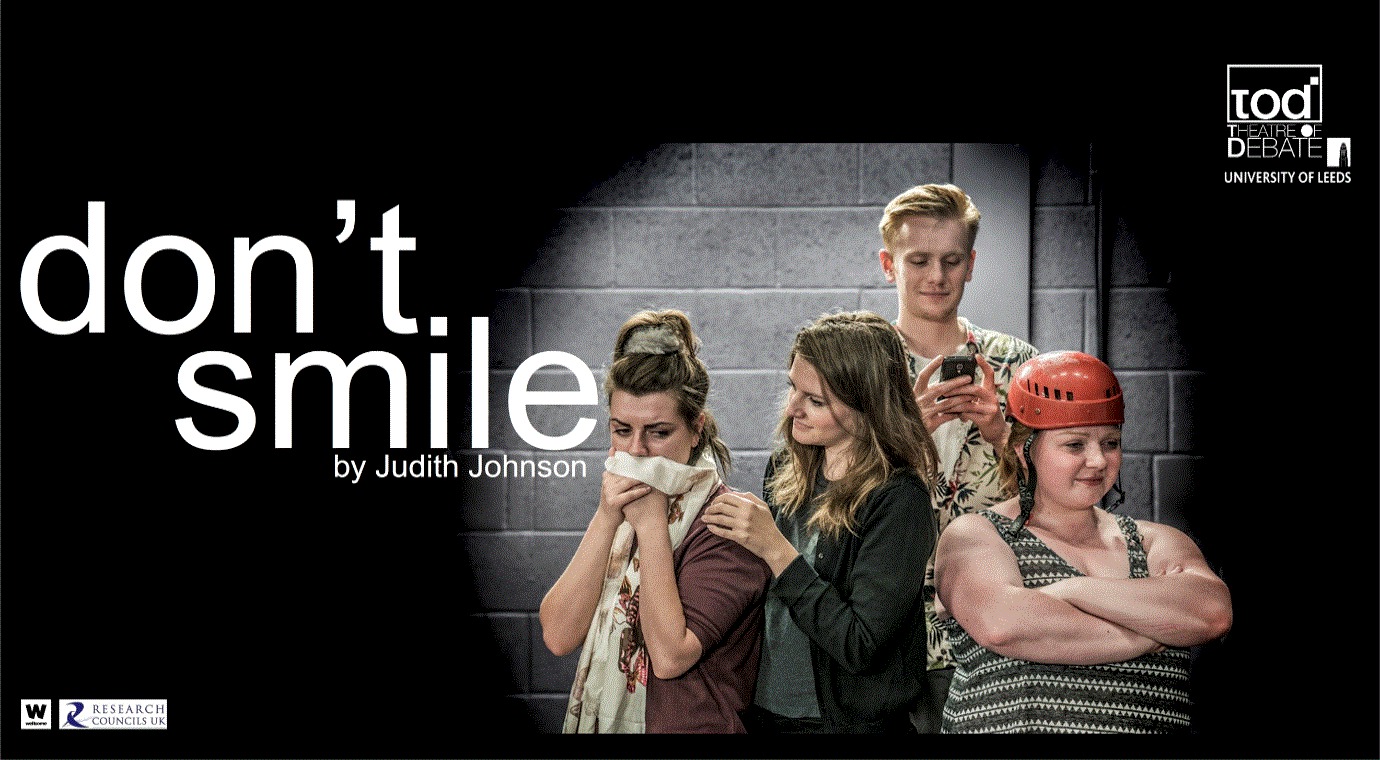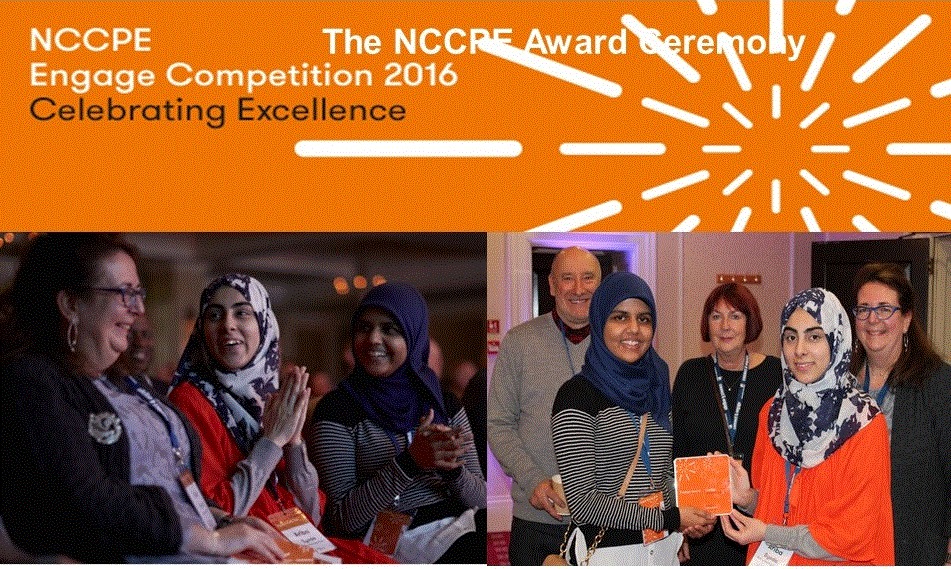IADR Abstract Archives
Don’t Smile –Reaching At-Risk Adolescents- But Did The Message Stick?
Objectives: “Don’t Smile” is a national award winning theatre production and debate about oral health – “a love story with a dental theme”! It proved a successful, innovative and popular approach for oral health research dissemination to BME vulnerable adolescents in Schools in areas of high health inequality/deprivation. The play aided immediate oral health awareness; the objective of the current study was to determine if this was long-lasting.
HEALTH NEED: 45% of Yorkshire’s 12-year-olds have rotten teeth, second-worst UK prevalence, correlated with social/health inequality. Whilst largely preventable, reaching those most vulnerable/deprived is challenging. Disadvantaged teenagers intrinsically don’t like to be told what to do. Don’t Smile demonstrated that theatre successfully imparted short-term knowledge non-judgmentally, allow debate and improve oral health awareness but is this knowledge retained?
Methods: “Don’t Smile” explored wider implications of poor oral health, social isolation/psychological wellbeing and NHS dental access We have undertaken a questionnaire one year after the performances to see if any oral health messages were retained.
Results: Pre & post production questionnaire showed that our embedded oral health message ‘dealing with dental trauma’ was understood by 100% audiences. Don’t Smile was an effective way to communicate research and oral health knowledge. We will present breaking research on whether oral health messages were retained one year post performances.
We will also highlight how some pupils became ‘RAISED In Yorkshire’ (ReseArch In Schools Evaluating Dental health) Student Research Fellows and undertook pupil-peer monitoring of oral health &tooth brushing behaviour.
Conclusions: Don’t Smile won the National Coordinating Centre for Public Engagement Prize for working with young people. We concluded that theatre is an effective media to impart knowledge that pupils ordinarily had limited access to and described it as a ‘treat’. Determining if the oral health messages were retained one year post-performance is innovative.
HEALTH NEED: 45% of Yorkshire’s 12-year-olds have rotten teeth, second-worst UK prevalence, correlated with social/health inequality. Whilst largely preventable, reaching those most vulnerable/deprived is challenging. Disadvantaged teenagers intrinsically don’t like to be told what to do. Don’t Smile demonstrated that theatre successfully imparted short-term knowledge non-judgmentally, allow debate and improve oral health awareness but is this knowledge retained?
Methods: “Don’t Smile” explored wider implications of poor oral health, social isolation/psychological wellbeing and NHS dental access We have undertaken a questionnaire one year after the performances to see if any oral health messages were retained.
Results: Pre & post production questionnaire showed that our embedded oral health message ‘dealing with dental trauma’ was understood by 100% audiences. Don’t Smile was an effective way to communicate research and oral health knowledge. We will present breaking research on whether oral health messages were retained one year post performances.
We will also highlight how some pupils became ‘RAISED In Yorkshire’ (ReseArch In Schools Evaluating Dental health) Student Research Fellows and undertook pupil-peer monitoring of oral health &tooth brushing behaviour.
Conclusions: Don’t Smile won the National Coordinating Centre for Public Engagement Prize for working with young people. We concluded that theatre is an effective media to impart knowledge that pupils ordinarily had limited access to and described it as a ‘treat’. Determining if the oral health messages were retained one year post-performance is innovative.


